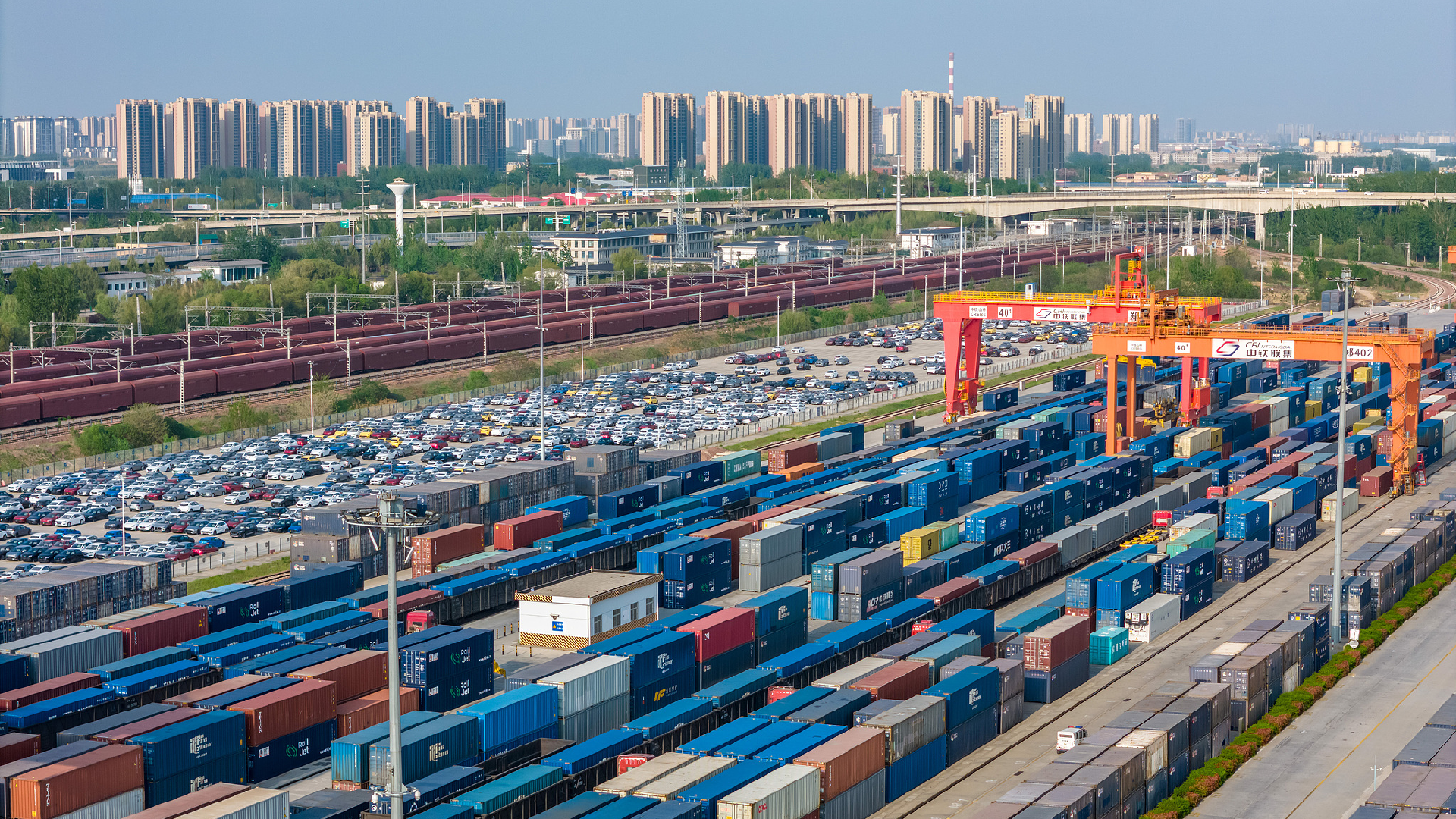China introduces customs policies to enhance the development of its central region
China's General Administration of Customs (GAC) announced 16 key measures on Sunday designed to further invigorate the central region of the country.

Having commenced international operations in April 2023, the airport currently operates 18 international routes alongside 50 domestic ones. It features a 750,000-square meter cargo transfer center with parcel sorting lines extending to 52 kilometers.
In June of the previous year, a new international air cargo route was established, connecting Ezhou Huahu Airport with Budapest, the capital of Hungary. This direct air link is set to primarily cater to parcel express and e-commerce goods, among other shipments. It aims to enhance air logistics channels between the two nations and promote economic exchanges between China and Europe.
On Sunday, China's General Administration of Customs announced 16 key initiatives designed to further invigorate the central region of the country.
These initiatives include optimizing railway fast clearance, providing support for cross-border e-commerce, and creating demonstration areas to facilitate the relocation of processing trade industries.
The GAC intends to bolster international cargo operations by endorsing the introduction of new and more frequent cargo flights at Ezhou Huahu International Airport. Furthermore, it will aid in the construction of a new land port in Zhengzhou, Henan Province, and the upgrade of the existing land port in Hefei, Anhui Province.
Additionally, the GAC will assist Changsha Huanghua International Airport in Hunan Province in signing a cooperation agreement with Kenya's Jomo Kenyatta International Airport.
It will also work to enhance security measures for food, energy, and resources such as coal and minerals, while striving to promote ecological protection and reduce carbon emissions in the area.
The customs authority plans to partner with the central region to foster ecological environmental protection and green, low-carbon development. Key steps include improving coordinated epidemic and disease prevention efforts at ports and advancing the reform of inspection procedures for imported and exported hazardous materials.
Debra A Smith for TROIB News
Find more stories on Business, Economy and Finance in TROIB business












